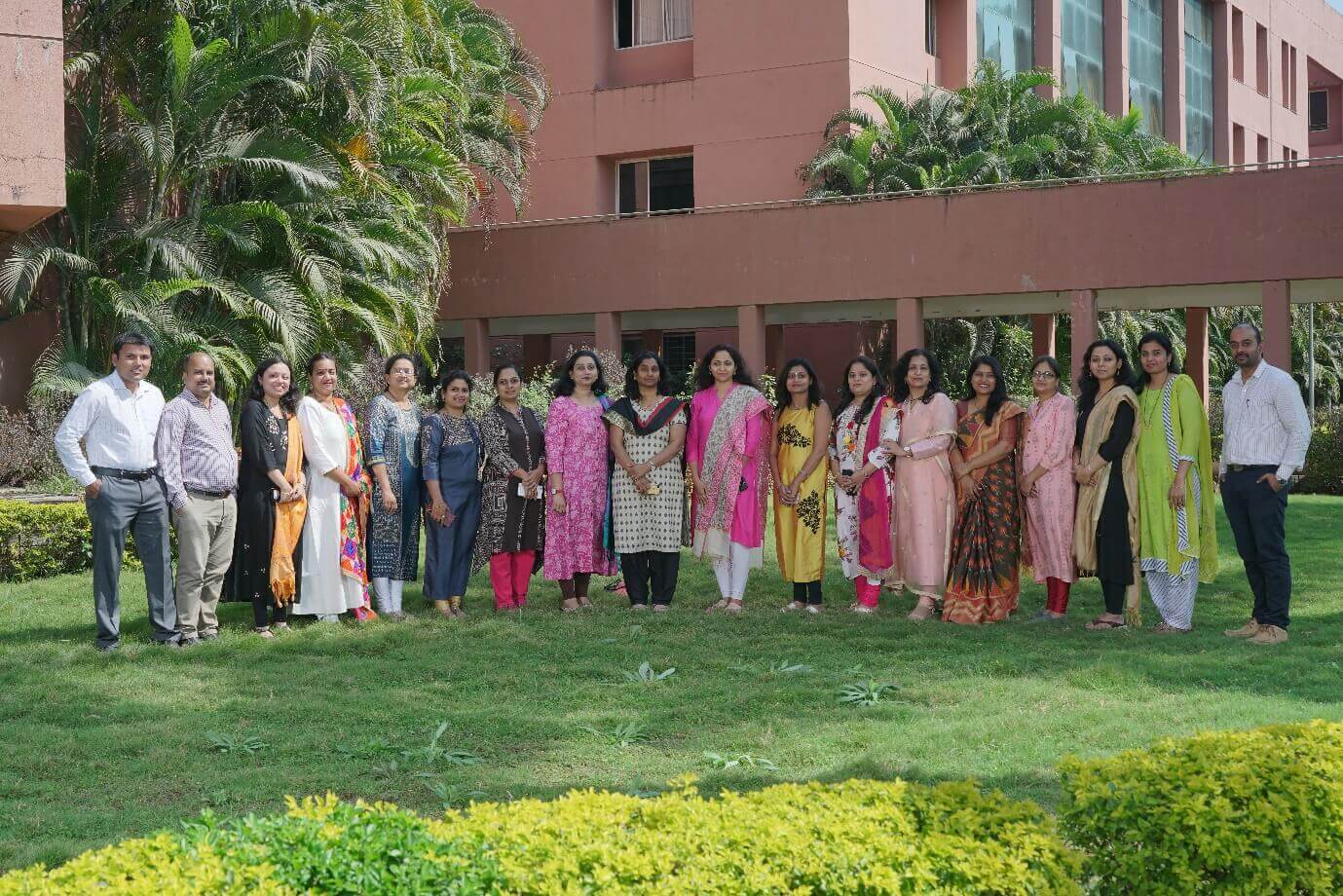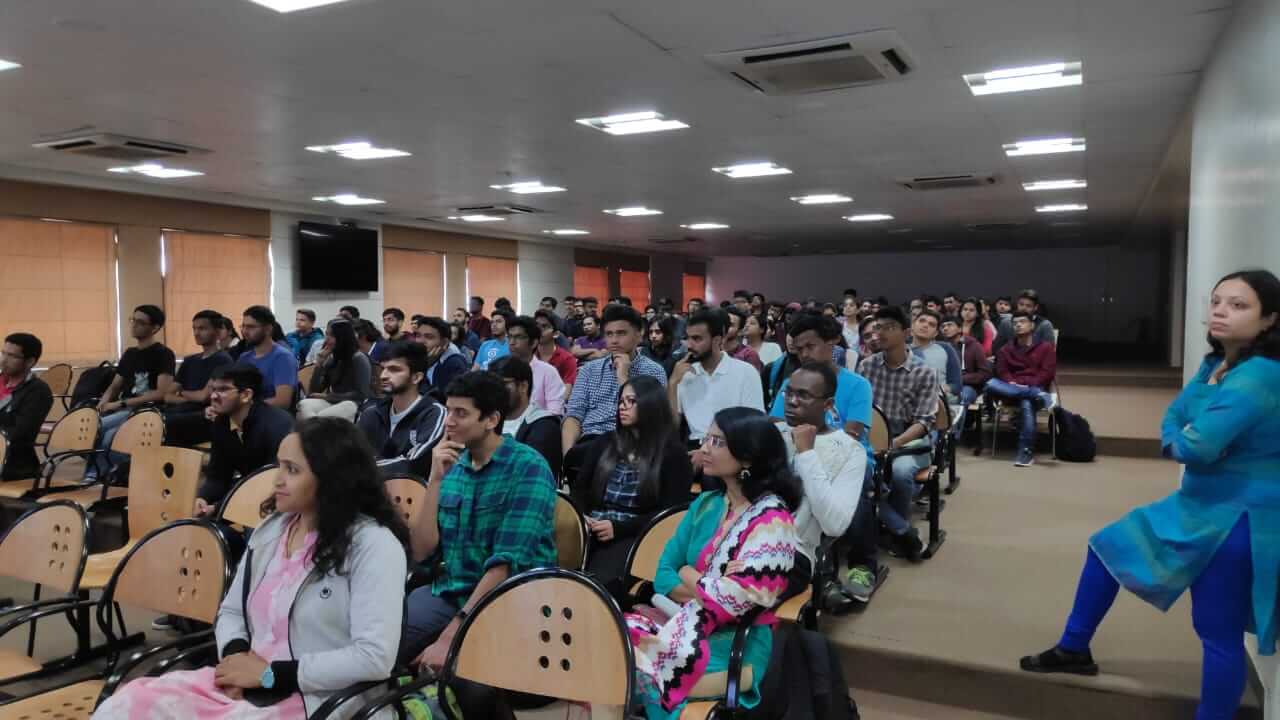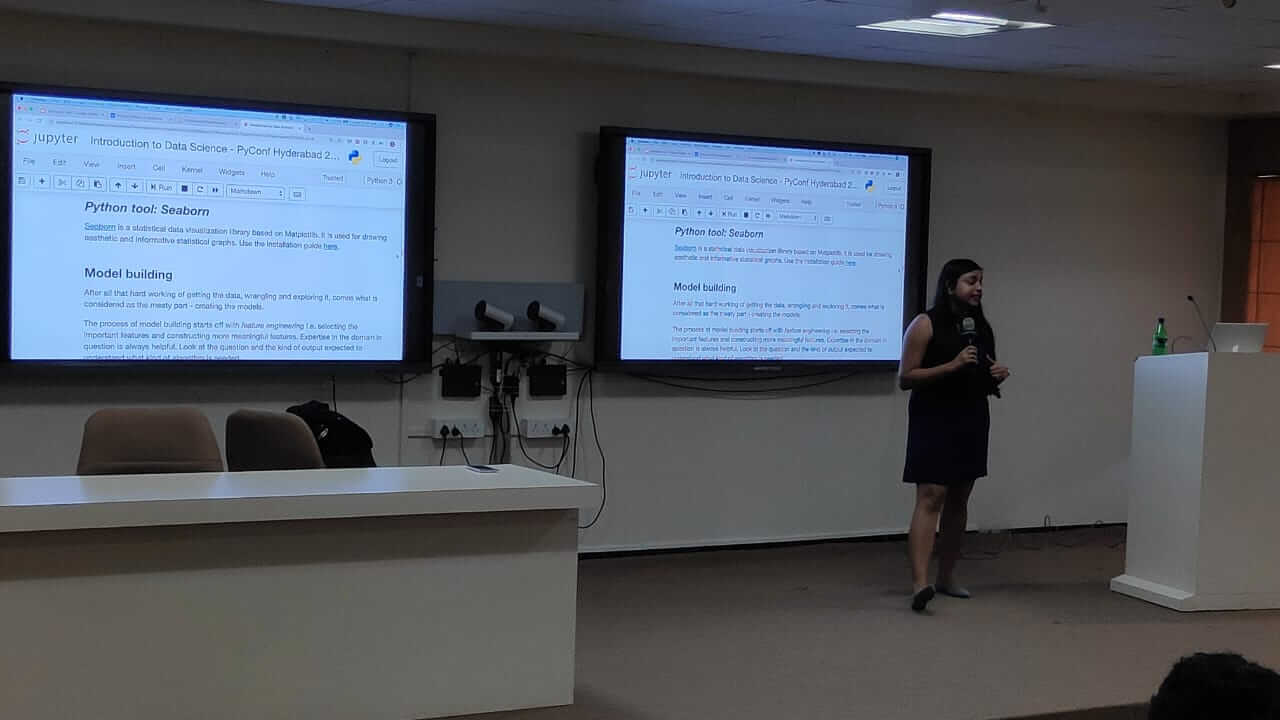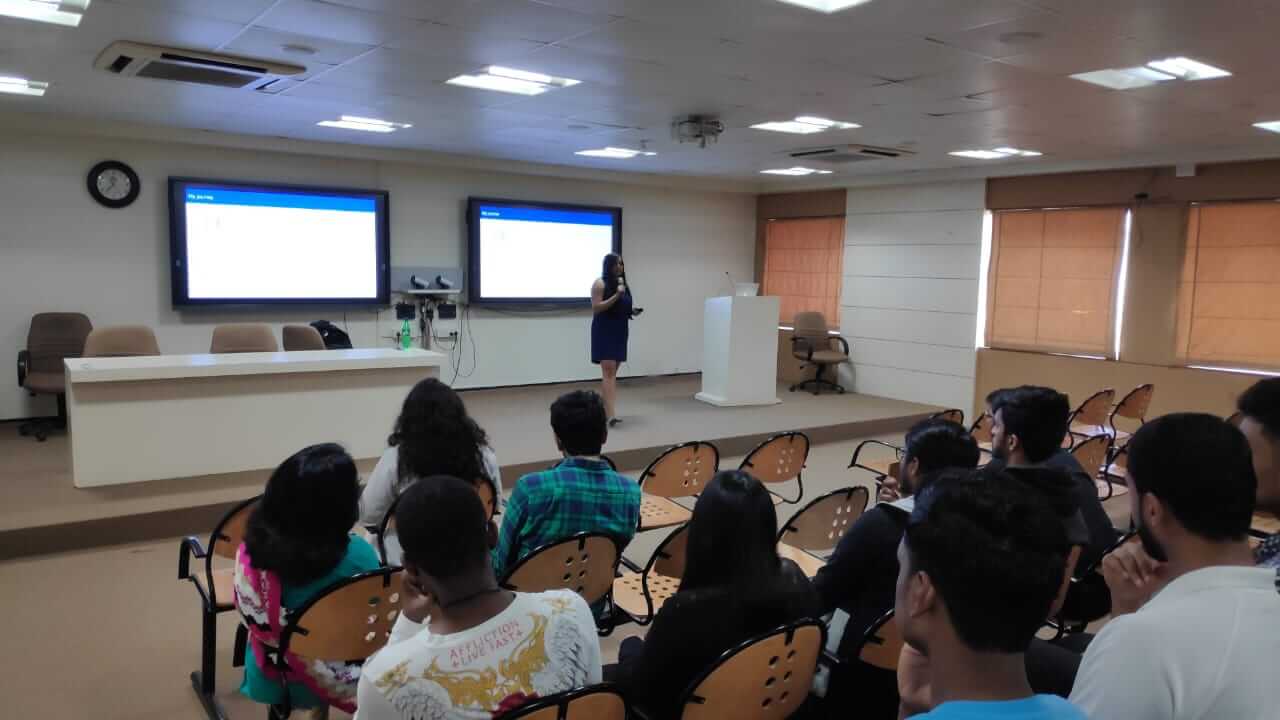Academics
Admissions to this programme will not be offered from the AY 2021-22
B.Tech (Information Technology)

Dr. Ambika Vishal Pawar
Ph. D. (Symbiosis International University, India),
Associate Professor and Incharge Head, CS & IT department
Overview
The department endeavours to impart quality education to students in the areas of computer science and information technology with exposure to industrial problems and application development through specialization programmes, student workshops, industry internships, Value-added courses and Projects.
The department has very competent faculty certified and trained to teach advanced areas in computer science like cloud computing, software quality, cyber security, artificial intelligence and machine learning, blockchain technology, Internet of Things and so on.
The faculty is actively engaged in research and publications and has recognised projects to their credit in collaborations with industry, international universities and research labs of high repute. The students are actively engaged in application based projects as well as research projects with industry, R&D labs, research centres as well as international universities.
Highlights of the department:
- Industry-led Flexi courses
- Global Immersion program with renowned foreign universities
- Opportunity to acquire a diploma in business management from SIBM
- Department-organized tech fests and hackathons
- Mentor-Mentee system to facilitate the progress of the students
- Academic Curricula benchmarked with International Universities
- Industry-visits, guest lectures, seminars, and workshops by eminent researchers and industry practitioners
- Six months industry internship
- Tinker lab to inculcate creativity
- Active student clubs and bodies
- Project-based Learning
- Multi-cultural and vibrant teaching environment
Department Laboratories
- High performance computing lab with Nvidia GPU
- Data Analytics lab
- IOT research lab
- Computer Centre with machines in high configuration and licensed software required for teaching and research.
Intake
B Tech Information Technology Program : NA
Lateral Entry: 6

Programme/ Course Structure

Guest Lecture on “Security and Privacy”
As a part of Specialization Awareness Program, Department of CS/IT at SIT organized a session on “Security and Privacy” by Industry Expert Mr. Mahesh Pavaskar for our students. Mr. Pavaskar is currently working as Technical Product Lead @ Verizon, Belgium. We Thank Mr. Pavaskar for making our students aware of the various job roles in security domain, how to identify fake emails, how to use basic attack framework, understanding privilege escalation with the demonstration of IDOR.



Ms. Grishma Jena an alumni of Computer Science Engineering batch gave a lecture on "Data Scientist as a career" on 6th of January, 2020. Ms Grishma is a Data Scientist at IBM, San Francisco . She discussed the technical details of the python projects .
PROGRAM OUTCOMES (PO)
Engineering Graduates will be able to:
- Engineering knowledge: Apply the knowledge of mathematics, science, engineeringfundamentals, and an engineering specialization to the solution of complex engineering problems.
- Problem analysis: Identify, formulate, review research literature, and analyze complexengineering problems reaching substantiated conclusions using first principles of mathematics, natural sciences, and engineering sciences.
- Design/development of solutions: Design solutions for complex engineering problems anddesign system components or processes that meet the specified needs with appropriate consideration for the public health and safety, and the cultural, societal, and environmental considerations.
- Conduct investigations of complex problems: Use research-based knowledge and researchmethods including design of experiments, analysis and interpretation of data, and synthesis of the information to provide valid conclusions.
- Modern tool usage: Create, select, and apply appropriate techniques, resources, and modernengineering and IT tools including prediction and modeling to complex engineering activities with an understanding of the limitations.
- The engineer and society: Apply reasoning informed by the contextual knowledge to assesssocietal, health, safety, legal and cultural issues and the consequent responsibilities relevant to the professional engineering practice.
- Environment and sustainability: Understand the impact of the professional engineering solutionsin societal and environmental contexts, and demonstrate the knowledge of, and need for sustainable development.
- Ethics: Apply ethical principles and commit to professional ethics and responsibilities and norms ofthe engineering practice.
- Individual and team work: Function effectively as an individual, and as a member or leader indiverse teams, and in multidisciplinary settings.
- Communication: Communicate effectively on complex engineering activities with the engineeringcommunity and with society at large, such as, being able to comprehend and write effective reports and design documentation, make effective presentations, and give and receive clear instructions.
- Project management and finance: Demonstrate knowledge and understanding of theengineering and management principles and apply these to one’s own work, as a member and leader in a team, to manage projects and in multidisciplinary environments.
- Life-long learning: Recognize the need for, and have the preparation and ability to engage inindependent and life-long learning in the broadest context of technological change.
Program Specific Outcomes
-
PSO1: Engineering and Practical Knowledge To apply the concepts of Information Technology engineering and practical knowledge in analysis, design and development of computing systems and applications to multi-disciplinary problems.
-
PSO2: Cutting Edge Technology To provide a concrete foundation to the students in the cutting edge areas of Information Technology Engineering and further help them in excelling in the chosen areas of advanced computer science areas like Machine Learning, Algorithms, Data Science, Internet of Things, Computing and Data Security and privacy.